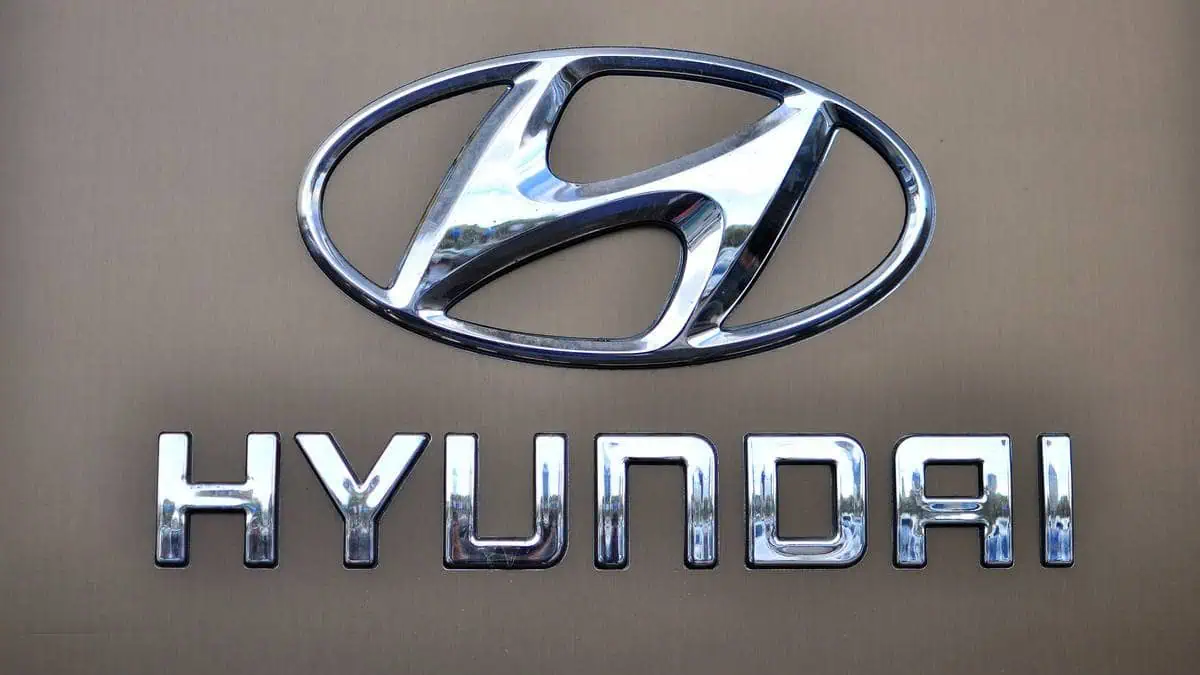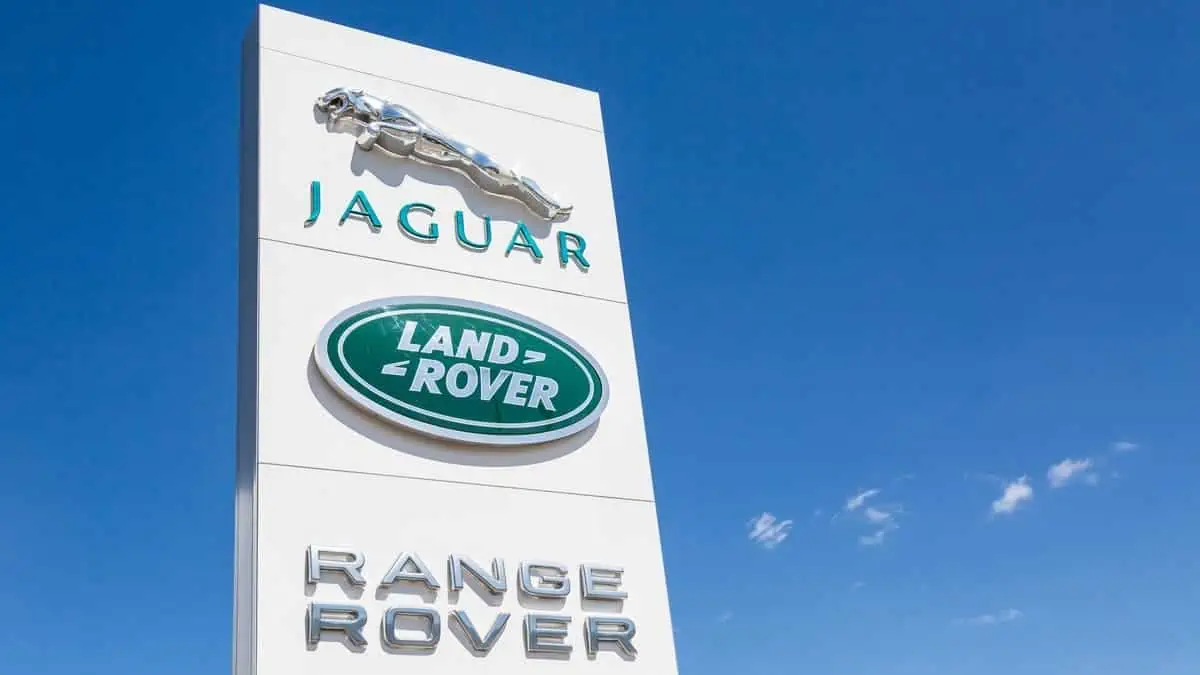The South Korean government has just revised its electric vehicle subsidy policy for this year as it seeks to protect local brands against foreign automakers’ cheaper LFP battery-powered offerings, The Korea Herald reports.
Revised EV subsidy policy
Under the revised policy, the maximum grant for eligible electric vehicle models is now set to just around 6.5 million won ($4,800). It indicates a 300,000 won ($225) drop from the prior year before the policy changes.
It also takes into account three major aspects, including vehicle price, range, and battery type.
The revised policy announced on February 6 specifically targets electric vehicles with lower-performance batteries, such as China-made LFP batteries in Tesla Model Y.
Meanwhile, subsidies for Hyundai and Kia’s electric vehicle offerings remain unchanged as they feature high-performance nickel-cobalt-manganese (NCM) batteries.
As for the pricing, EVs must not exceed the $41,000 limit to qualify for the full subsidy. It indicates a notable decrease from about $43,000 price cap in 2023. In addition, eligible models must deliver more than 400 km range between charges.
The revised policy enables the Hyundai Ioniq 5 to benefit from more than a $2,800 subsidy gap against the Tesla Model Y.
Primary purpose
The electric vehicle subsidy policy revision is the South Korean government’s response to the growing popularity of Chinese automakers and models using China-made batteries, including the Tesla Model Y.
For context, the Tesla electric crossover uses CATL’s cheaper LFP batteries than NCM battery chemistry. With their notable affordability, such models continue to attract customers hurting more expensive models from local brands.
In fact, Tesla Model Y enjoyed approximately $24 million from the government’s subsidies in 2023 alone. This particular market situation continues to pressure local brands like Hyundai and Kia on their own home turf.
“Tesla dropping prices last year, coupled with the rise of BYD, kicked off a price war in the global EV market. Now that we’re moving past the early adopters, hitting the right price point for the broader market is critical.”
Yang Jin-soo, Auto Industry Unit Head at Hyundai Motor Group’s Business Research Center
BYD’s imminent market entry
Chinese electric vehicle and LFP battery giant BYD poses a significant threat to South Korean brands as it plans to penetrate the country with its low-cost electric vehicle models.
BYD is reportedly gearing up to launch its popular Atto 3 as its first offering in the South Korean market. It was the brand’s top-selling model last year with more than 100,000 unit sales, accounting for about 40% of its global electric vehicle sales. Apart from the Atto 3, BYD also aims to bring its other affordable models Dolphin and Seal to the local market.
All that said, the South Korean government’s strategy to revise its electric vehicle subsidy policy reflects that of wider international moves like the US‘ Inflation Reduction Act and the EU’s investigation against Chinese automakers. Such initiatives are crucial for their own electric vehicle industry to strive and ensure the competitiveness of the local brands in the global market.






